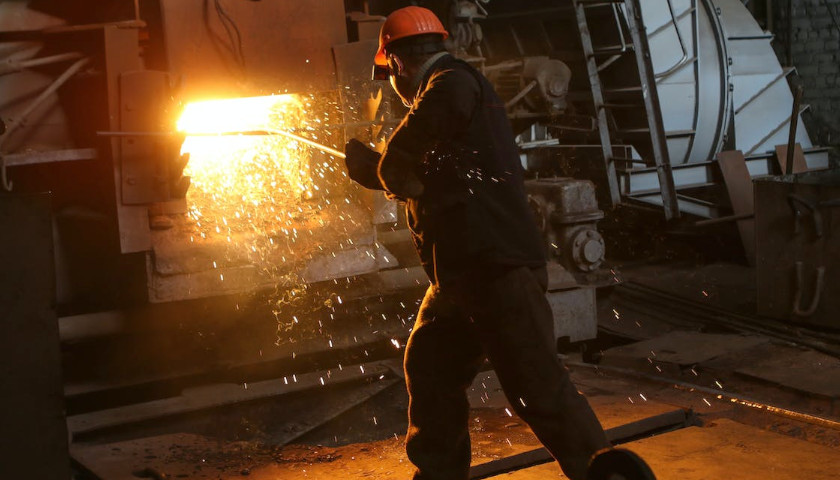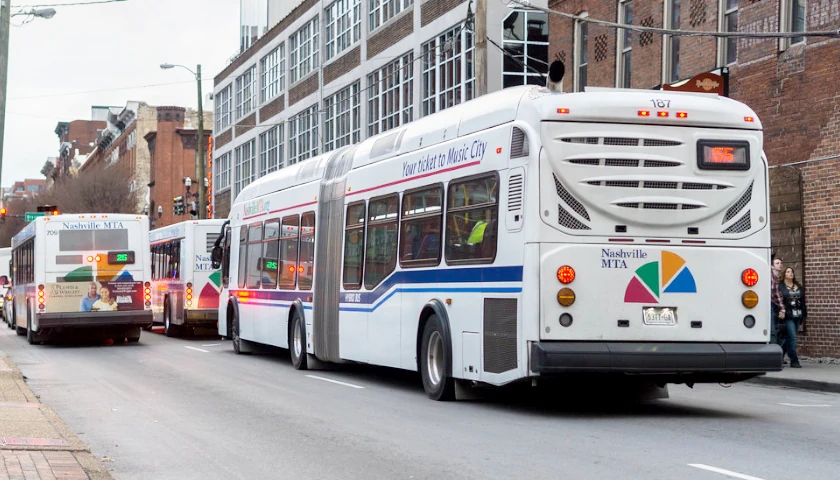by Stephen Whitney
When I was a boy, my parents instilled in me the value of hard work—the hard way. After school, I, like many other kids, was expected to help around the house. Lawn mowing, weeding, cleaning, and other household activities defined my weekday afternoons. Homework followed chores, and only after that could I hang out with friends.
Of course, chores were no fun at the time. If given the choice, I would have done anything else. But years later, I recognized that I unknowingly learned to appreciate hard work at a young age, for which I am grateful. I also recognized that such an appreciation grows rarer by the day, which poses a serious societal problem. Industriousness is a key American value, one which needs to be renewed for the benefit of our nation.
It seems typical for a man no longer entirely youthful to lament the decline in hard work, particularly among the youth. But before you write me off as a complete fuddy-duddy, I would have you know that the data is on my side.
In his excellent book Coming Apart, social scientist Charles Murray explores, among other things, the decline of industriousness in America. Drawing from many sources, including the illustrious General Social Survey (GSS), Murray convincingly demonstrates that, since the ’60s, Americans have on average grown averse to hard work.
The GSS in 1973 began asking respondents which of the following traits they would most prefer in a job: high income, no danger of being fired, chances for advancement, short working hours (and lots of free time), or the work being important and giving a feeling of accomplishment.
Respondents were asked this question from 1973 to 1994. Among prime-age white males, that last trait was most common, with 58 percent of survey respondents selecting it above the others. The GSS dropped the question for twelve years, likely due to the fixed nature of the responses.
The GSS included the question again in 2006. Surprisingly, only 43 percent of respondents primarily sought a job which offered a feeling of accomplishment. And those who voted for short working hours rose to 9 percent.
A number of metrics back up this claim. One is physical disability rates, which have risen dramatically in recent decades. In 1960, 0.7 percent of the labor force qualified for federal disability benefits. In 2010, the number rose to 5.3 percent. This is astonishing given that advances in medical care and technology have surely reduced the rate and severity of workplace injuries. Laws preventing discrimination against the disabled are more common these days as well.
Murray concludes that a growing number of Americans increasingly see nothing wrong with falsely claiming disability to obtain benefits. He makes a compelling case, though I wish it weren’t true.
Disability isn’t the only form of welfare to become more common in America. Government spending on a wide variety of welfare programs has increased monstrously over the years as well. Since 2005, federal spending on welfare has nearly doubled to over $878 billion each year.
In light of the above, can it be said that Americans still value hard work? Some, even many, surely do. But overall, the trajectory appears to be headed in the wrong direction, like much else in this confused country of ours.
When I think back to the appreciation for hard work that I acquired as a child and consider that there are those out there who failed to receive such an inheritance, I am filled with sadness. To never know the joy of righteous labor, and to view such a fundamental human task with dread, is to never know fulfillment. That Americans appear to be growing less industrious bodes poorly for us as individuals and as a nation.
But the good news is that hard work is a value like any other. It can be transmitted from father to son, from mother to daughter, from friend to friend, and from teacher to student. Somewhere along the way, this transmission was interrupted—but that need not be permanent.
Those of us in whom the spirit of American industriousness is still alive have a duty to see that it lives on. Our country depends on it.
– – –
Stephen Whitney is a contributor to Intellectual Takeout.





